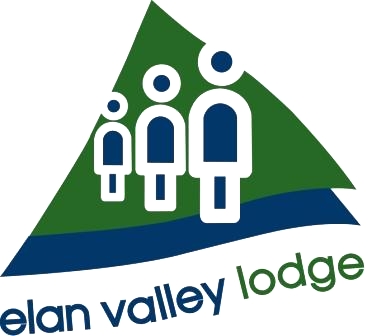Before proposing a format for your Apprentice training programme, we would like to discuss a range of issues that could include:
- Where your apprentices will be working and the various components of their training.
- Your business vision, values and behavioural framework.
- Your desired outcomes.
We can then work with you to identify the key skills that you wish to be covered during the programme.
It’s clear that understanding the blend between learning new skills and developing an appropriate attitude for the work place is massively important for apprentices and a key player in career development. Over the years we have seen young people with significant potential side lined because of their inappropriate attitude. This why our core concept of “Creating a great impression” features so highly in our programmes. This blended with your choice of key skills, samples below, creates a programme that has both impact and relevance.
Creating a great impression?
What can we do to help project an image of a confident, competent person ready for the work place? How do we make a positive first impression? We look at body language, role models, and how to use our communication and planning skills to help us to create the right impression.
Being a great “team player”
We explore the actions and behaviours that allow a person to transfer easily from one team to another, build effective working relationships quickly and show that we are keen to learn from others.
Planning for tasks
Using a series of short, team problem solving tasks the apprentices explore the processes involved in project planning. The emphasis is on using resources effectively to produce a quality product which is delivered on time and to specification. They will create a project management template and discuss the prioritisation of tasks and tools for time management.
Communication skills
Communication involves much more than words, non-verbal signals and the manner in which a message is given have a significant impact on the effectiveness of communications. It is a two part process; the result of communication is measured on what is received and understood and not just by what is said. How do we listen actively, check that both parties have a common understanding and communicate effectively?
Support and Challenge
Asking for help is often seen as a weakness. We turn this around and explore how and when it can be seen as a positive attribute indeed not asking for help and getting things wrong has not place in business. This goes hand in hand with discussions around “when I do something new, different, difficult or challenging” what is the most positive approach?
Technical competency is only one part of the offering that each of us make to business. Our ability to work alongside others, take the lead where appropriate, influence, challenge, be effective and communicate are all key factors in a successful career. The programme will be designed to enable apprentices to understand the impression they make currently and compare this with what they consider best practice for their chosen career. The gap is the starting point of their personal journey to develop into a competent and productive employee.

